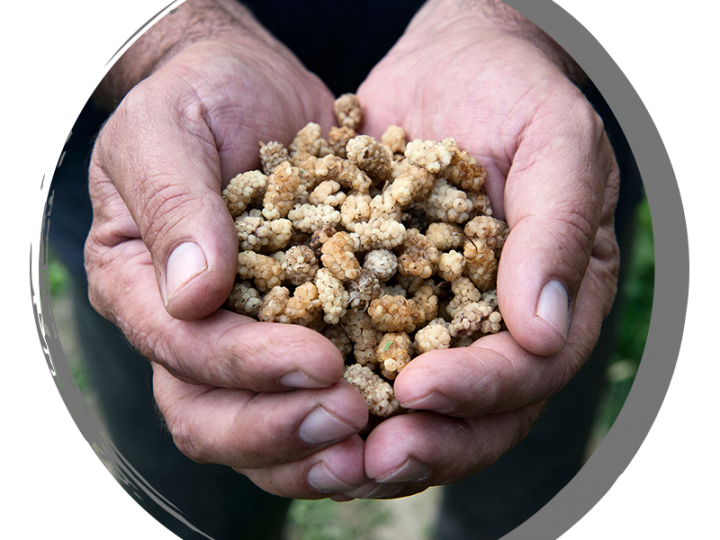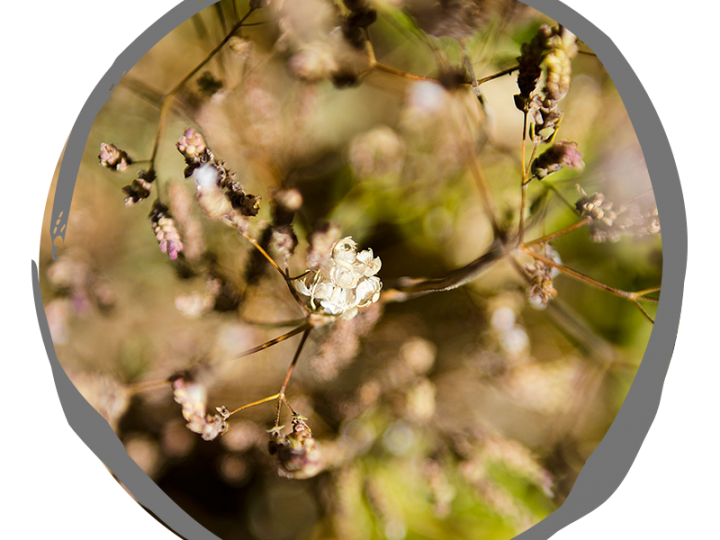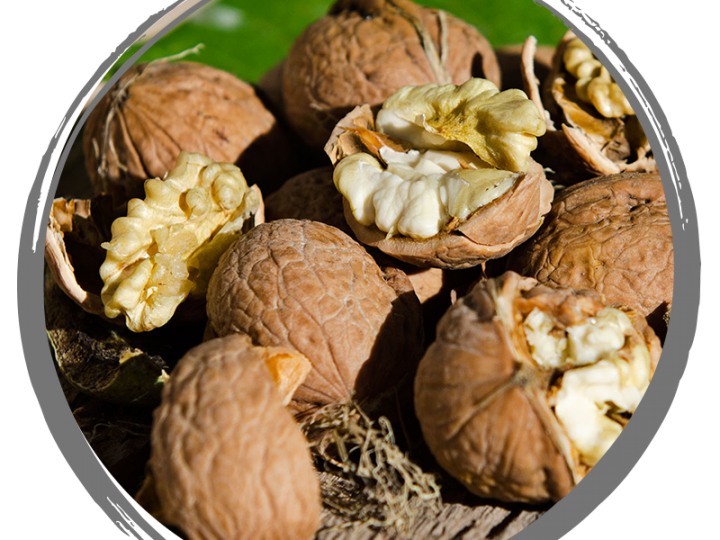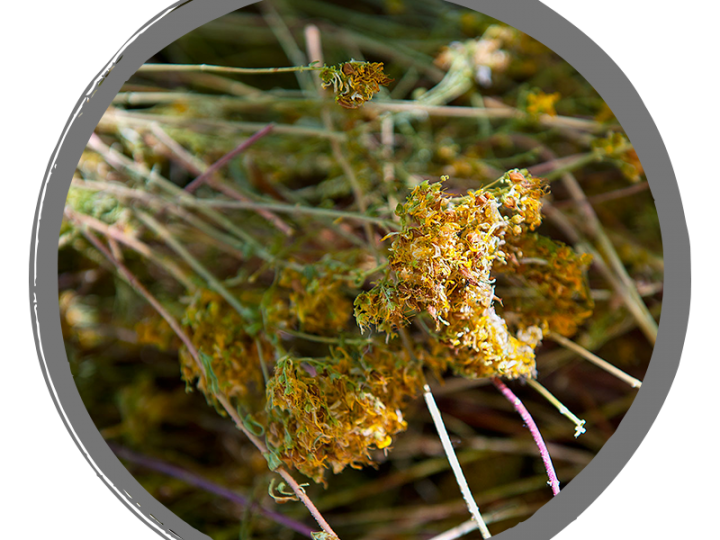Apricot
Armenica vulgaris
The Apricot is a widely spread tree fruit. Its height reaches up to 15 meters. Color of apricot flower is white or rosy. Fruit form is round, oblong, fleshy, yellow or orange. In Tajikistan the following varieties are grown: isfarak, khurmoi, tojiboi, subhoni, qandak, boboi, mahtobi, javoni, mirsanjali, etc. Apricot is a good nutritious and dietary fruit. It is served both fresh and dried; jam and sorbet are made out of apricot. Apricot contains sugar (glucose, fructose and sucrose) protein, organic acid and cellulose. Dried apricot contains plenty of В1, В2, В6, В15, С, Р vitamins, carotene (provitamin А), and micronutrients.
In the ancient medicine dried apricot was used for eliminating bad mouth smell. The temper of dried apricot is cold and wet. That is why it used to be recommended as a purgative mean. Unripe apricot has a feature to release gases and useful for elderly people. Fresh apricot fruits and dried apricot is useful for those who suffer from kidney disorder, especially for weak and people with anemia. The apricot’s nut is used as a mean for removing helminthes. If apricot is boiled in water or dried apricot is kept in water for one day then it is drunk, it will soften the inside organs, decrease high blood pressure, blood excitement and bile, eliminate belching.
In contemporary medicine apricot is recommended as a dietary and nutritious product. It contains plenty of potassium so that is why it is useful for those people who suffer from heart and vein diseases.




